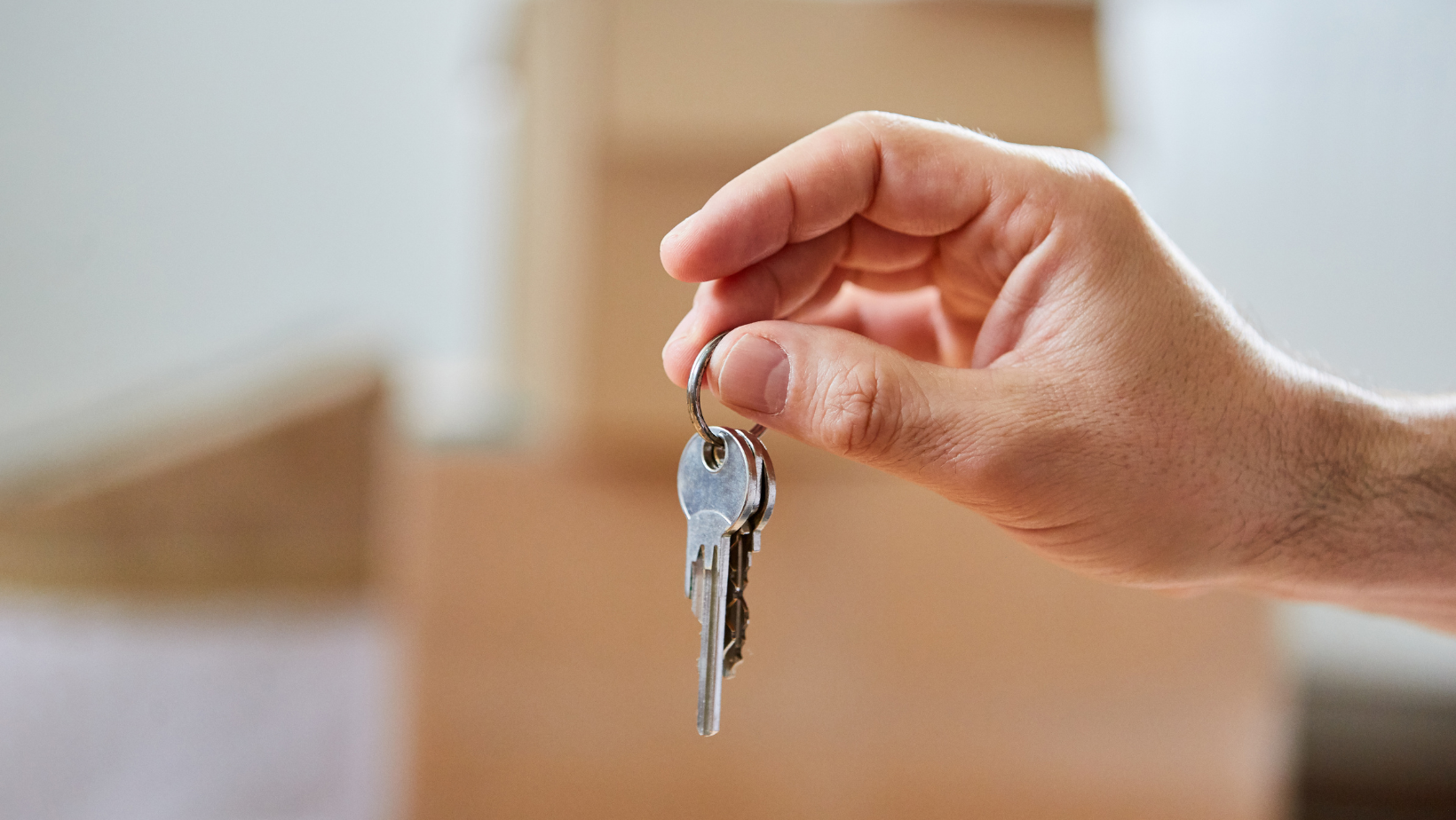Rebuilding Lives: Navigating Life After Incarceration
I spent a good portion of my troubled adolescent years in juvenile detention, wilderness bootcamp, and on constant supervision. In 2016, I was sentenced to a little over a year in the Oneida County Jail, for drug possession and theft.
In 2019, I started dating someone, who after a year and a half into our relationship, was sentenced to 5 years in state prison.
Incarceration lifestyle is nothing foreign to me.
Life behind bars
You adapt to your surroundings. When I first got locked up, I was so sure I was never going to get through my time. I couldn’t even believe I had gotten myself into that position in the first place.
I had no one. I had let my parents down more times than I could count. None of my so called “friends” were there to support me. I was left to navigate my circumstances, alone.
Life behind bars presents many challenges for those that find themselves there.
Institutionalization and Loss of Autonomy
Prisoners serving long sentences often become deeply accustomed to the highly structured prison environment. This institutionalization can lead to difficulties adjusting to life outside prison walls. The extreme structure of prison life, where most decisions are made for inmates, can result in a loss of autonomy and decision-making skills.
Technological and Social Isolation
Long-term inmates may find themselves out of touch with technological advancements and societal changes. This can make it challenging to navigate everyday life upon release, from using smartphones to understanding new social norms. The rapid pace of technological change can leave long-term prisoners feeling overwhelmed and unprepared for life in modern society.
Deterioration of Social Networks
Extended periods of incarceration often lead to the erosion of social connections outside prison. Family relationships may strain or break down, and friends may move on with their lives. This loss of social support can make reintegration into society particularly challenging and isolating.
Mental Health Challenges
The prison environment and prolonged separation from society can take a significant toll on mental health. Inmates may develop or exacerbate existing mental health conditions such as anxiety, depression, or post-traumatic stress disorder. The lack of adequate mental health services in many prisons can compound these issues.
Limited Educational and Vocational Opportunities
While some prisons offer educational and vocational programs, long-term inmates may still find themselves lacking the skills and qualifications needed for employment upon release. This can make finding stable work and financial independence difficult.
Stigma and Discrimination
Upon release, individuals who have served long sentences often face significant stigma and discrimination. This can affect their ability to secure housing, employment, and reestablish themselves in their communities.
Health Issues
Long-term incarceration can lead to various health problems due to inadequate healthcare, poor nutrition, and the stressful prison environment. Older inmates, in particular, may face significant health challenges upon release.
Adjusting to Rapid Societal Changes
For those serving decades-long sentences, the world they return to can be drastically different from the one they left. This can lead to culture shock and difficulties in understanding and adapting to new social norms, technologies, and ways of life.
My transition back into society wasn’t easy. Compared to others serving much longer sentences, I didn’t face hardships tied to adapted to a new culture or lacking in developmental skills.
I did however, face obstacles tied to stigma, severed relationships, and lack of resources.
When I got out of jail, I felt like I had changed. It’s hard not to in a place like that. Some for the better, and some maybe not so much. But, I was ready to get out and have a fresh start.
That was not the case.
It can be a hard thing to accept - when we know we are not the same person coming out, that we were before going in, yet not everybody else will have that same sort of empathy and understanding.
I was revocated from my probation when I got sentenced on my charges, which meant when I got out, I was a free bird. I had no extended supervision, or anyone else to help guide me. I lacked being connected to any sort of outside resources, that I feel would have genuinely benefited me at that time.
I did not receive support from my family. Their faith in me was still void from all the hell I had put them through prior. So, ultimately I went back to doing the same things.
Luckily, I did not find myself back in jail. Well, at least not for an extended period of time. I would in later years be arrested for several drinking and driving charges, each one only serving minimal jail time.
Point being, there are steps we can take as a whole that can help assist individuals from being stuck in the constant loop of being in and out of lock up.
New beginnings
Ultimately, your life is your own responsibility. It is important to try to set yourself up for success. That may look like:
Building a Support Network: Engage with community organizations, faith-based groups, and peer support networks to find mentors and allies who can offer guidance and encouragement.
Securing Stable Housing: Prioritize finding stable housing, whether through reentry programs, halfway houses, or community-based housing initiatives.
Focusing on Employment: Utilize reentry programs that offer job placement services, resume building, and vocational training to improve employment prospects.
Accessing Mental Health Services: Seek out mental health and substance abuse treatment programs to address underlying issues that may contribute to recidivism.
Developing Personal Responsibility: Take advantage of life-skills training and educational opportunities to build a foundation for a successful future.
Using Your Resources: More times than not, upon release, individuals will remain on probation or parole. While many think their agents are working against them, that is not always the case. It is their job to help you. I have noticed if your agent sees you’re determined and giving your best at taking strides forward, they are more than willing to get you the help that you need. Don’t be afraid to advocate for yourself.
Being Honest: If you are struggling or need help with services turn to professionals, family, friends, probation, counselors, or mentors. Being transparent about your struggles, relapses, or failures is the best way to reassure that you get the help you truly need. The more you avoid it, the more you’re only hurting yourself.
support
Having genuine support when transitioning can make a world of difference. If you are currently faced with the challenge of standing by a loved one as they reenter the world, here are some helpful things to keep in mind…
Please remember that we’re all human. If you are dedicated to being a substantial support person, please understand that the individual is not their past. The only way for them to move forward is by focusing on the here and now version.
Remain open minded and empathetic. Consider that you don’t know what it is like to be in their shoes. Showing a sense of understanding can allow for relationships to replenish and build. If the individual feels comfortable confiding in you, that gives them room to start feeling confidence within themselves, and motivation to face certain obstacles. They need to be reminded of their value and capabilities.
What works for one person, might not work for the next. It is important to work with them and configure a plan of action that best suits their needs based on circumstance.
An example I refer back to is this: If a homeless man and an engineer are both walking down the road and come across a 20 dollar bill, the value of the bill remains the same, but to both individuals the significance differs. Which goes to state - personal struggles encountered may be the same, but the approach and needs are individual.
A happy, healthy, and fulfilled life is totally possible after being incarcerated. Your journey will continued to be filled with endless possibilities and opportunities for growth.
As we navigate through the challenges and triumphs, it is essential to remember that brighter days are always on the horizon. Believe in the power of transformation and the strength within you. Embrace the lessons from your past and use them as stepping stones forward.
Remember, you are not alone. We are all in this together, supporting and uplifting one another.
I invite you to share your experiences, stories, and personal testimonies about life after incarceration. Your insights and tips can be incredibly helpful to others who are navigating similar paths. Let's create a community where we can all support each other through challenging times and spread messages of hope and encouragement.
Please feel free to comment below with your experiences or any advice you may have. Together, we can make a difference and inspire one another to keep moving forward.
If you ever need immediate support or someone to talk to, remember that I am always here for you. Don't hesitate to contact me directly. Your well-being is important, and I am committed to helping you through any challenges you may face.







